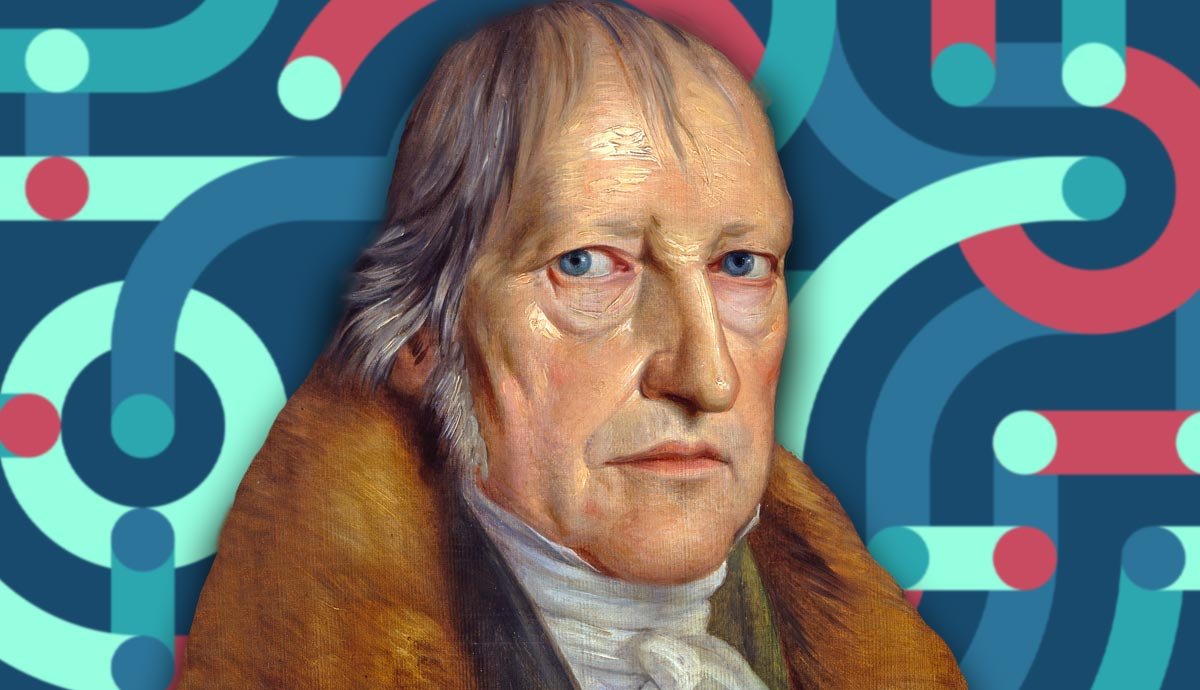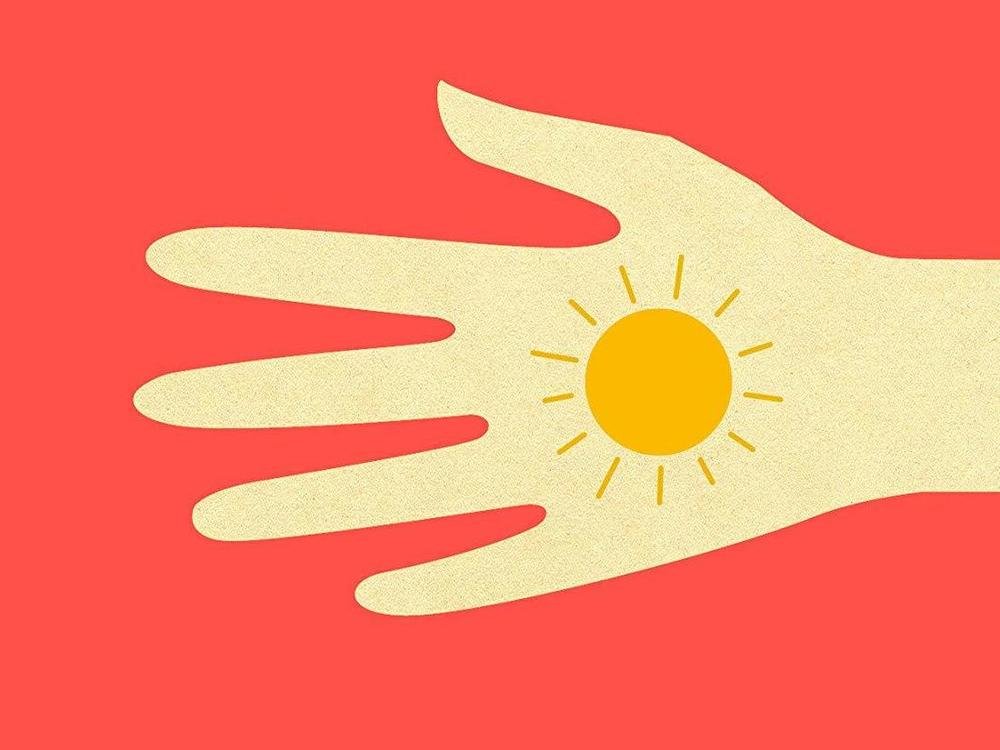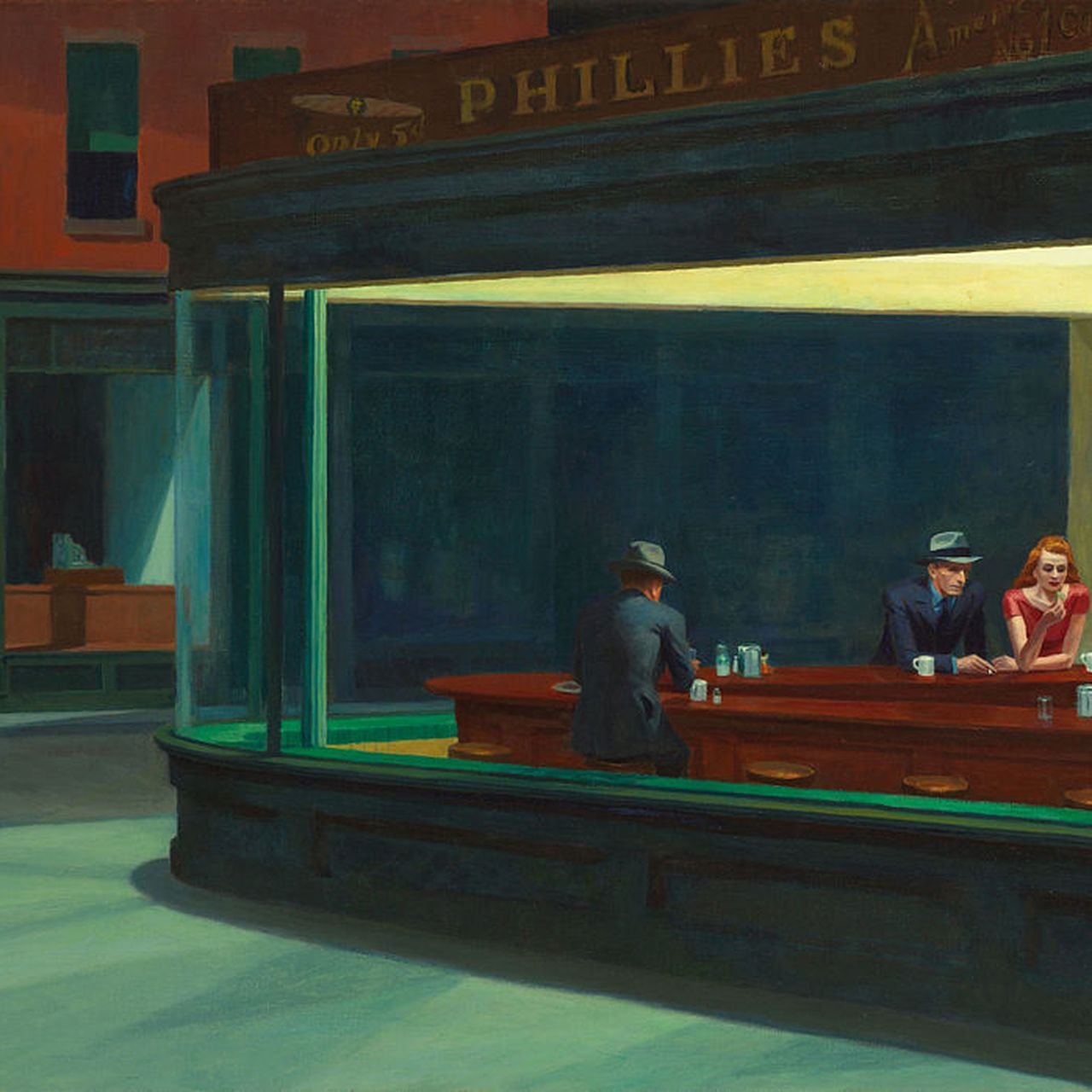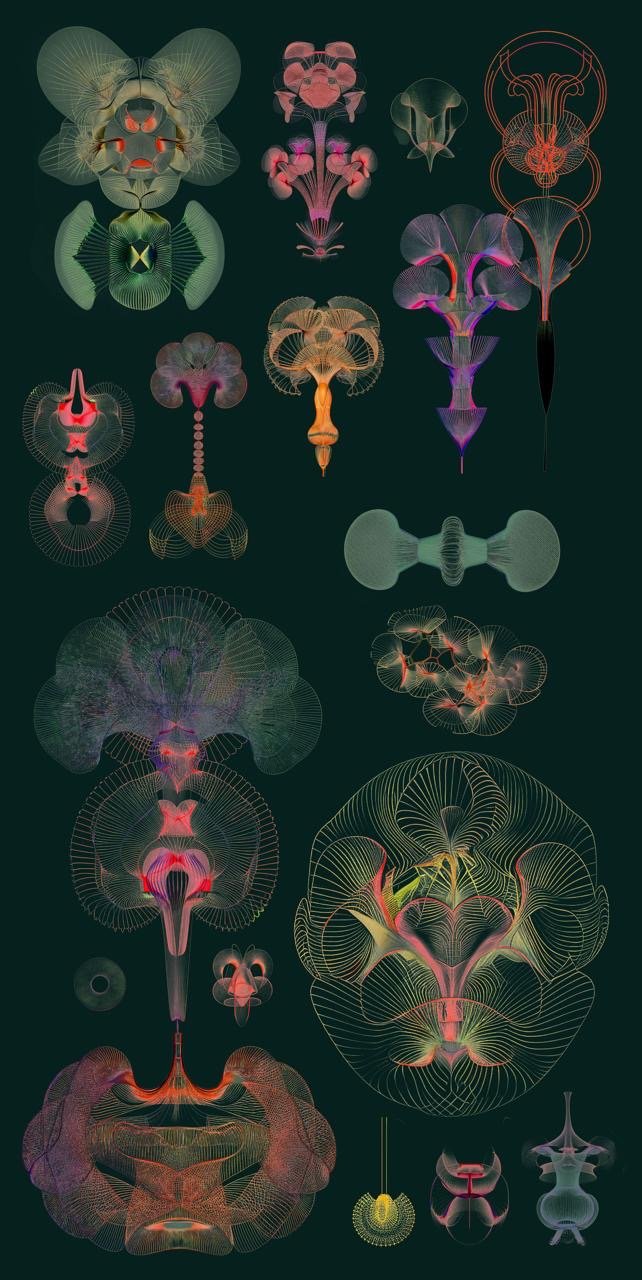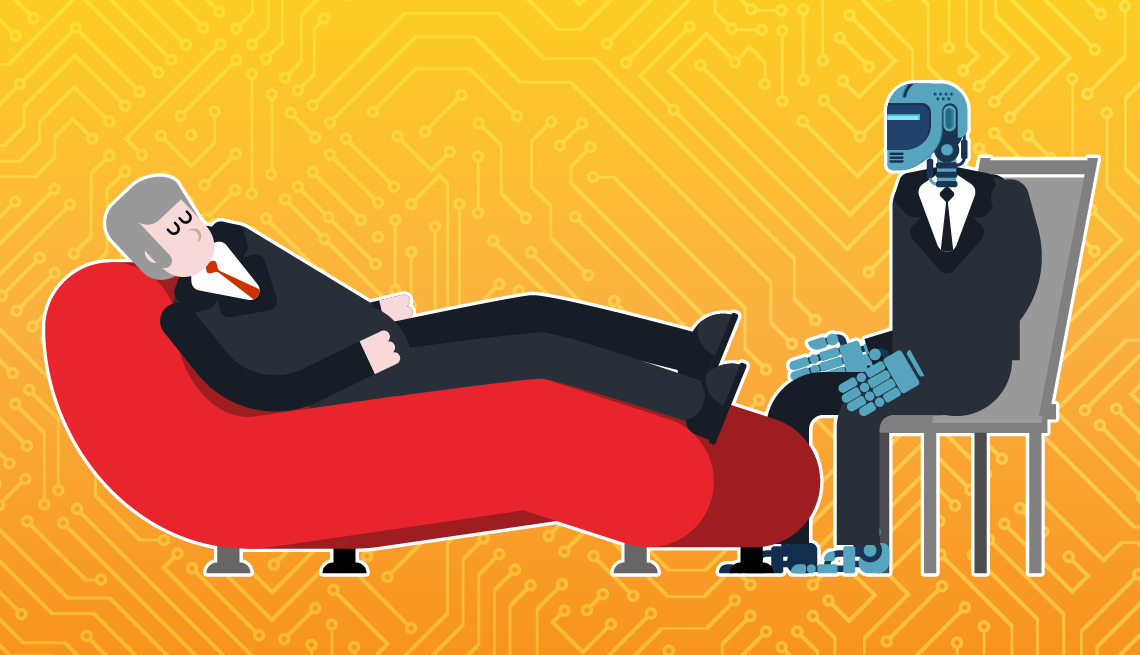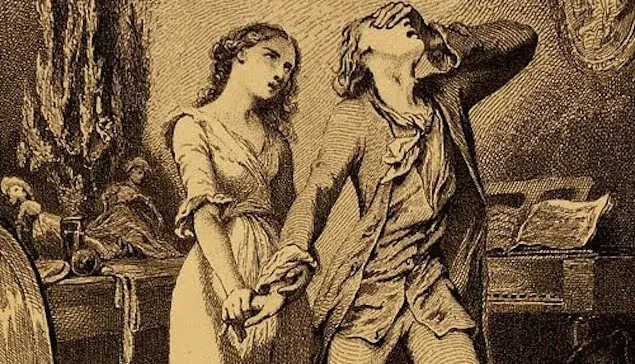“But man is not made for defeat” says the eponymous old man in 20th century American novelist Ernest Hemingway’s ‘The Old Man and the Sea’, “A man can be destroyed but not defeated.” While this is one of the most famous quotes of an author revered around the world over 100 years after the publication of some of… Continue reading What would Ernest Hemingway make of the ‘Manosphere’?
What would Ernest Hemingway make of the ‘Manosphere’?















